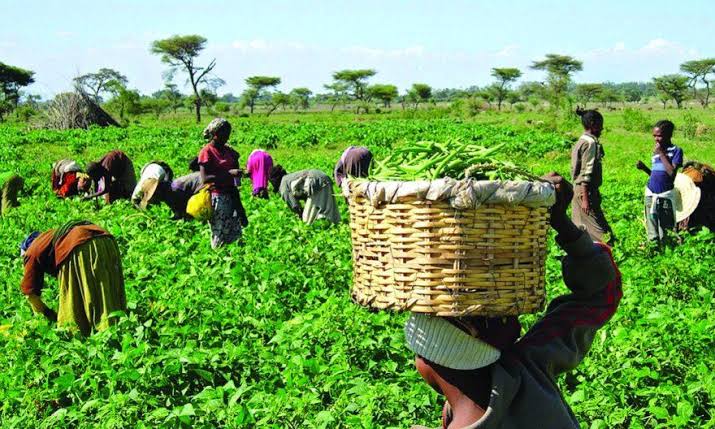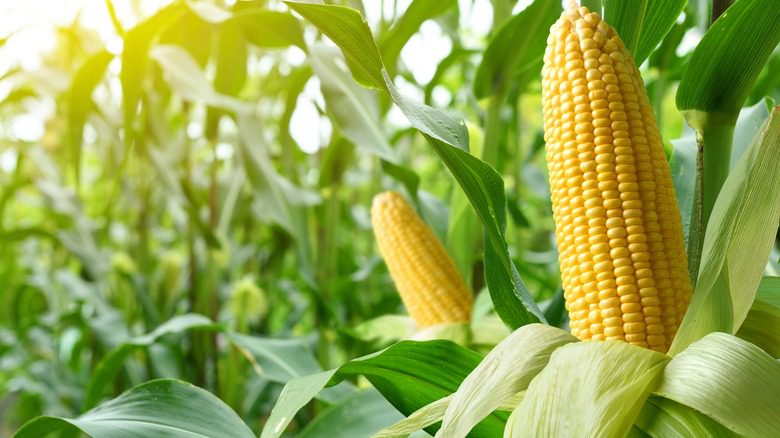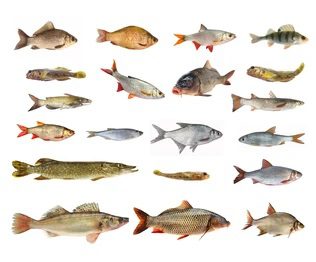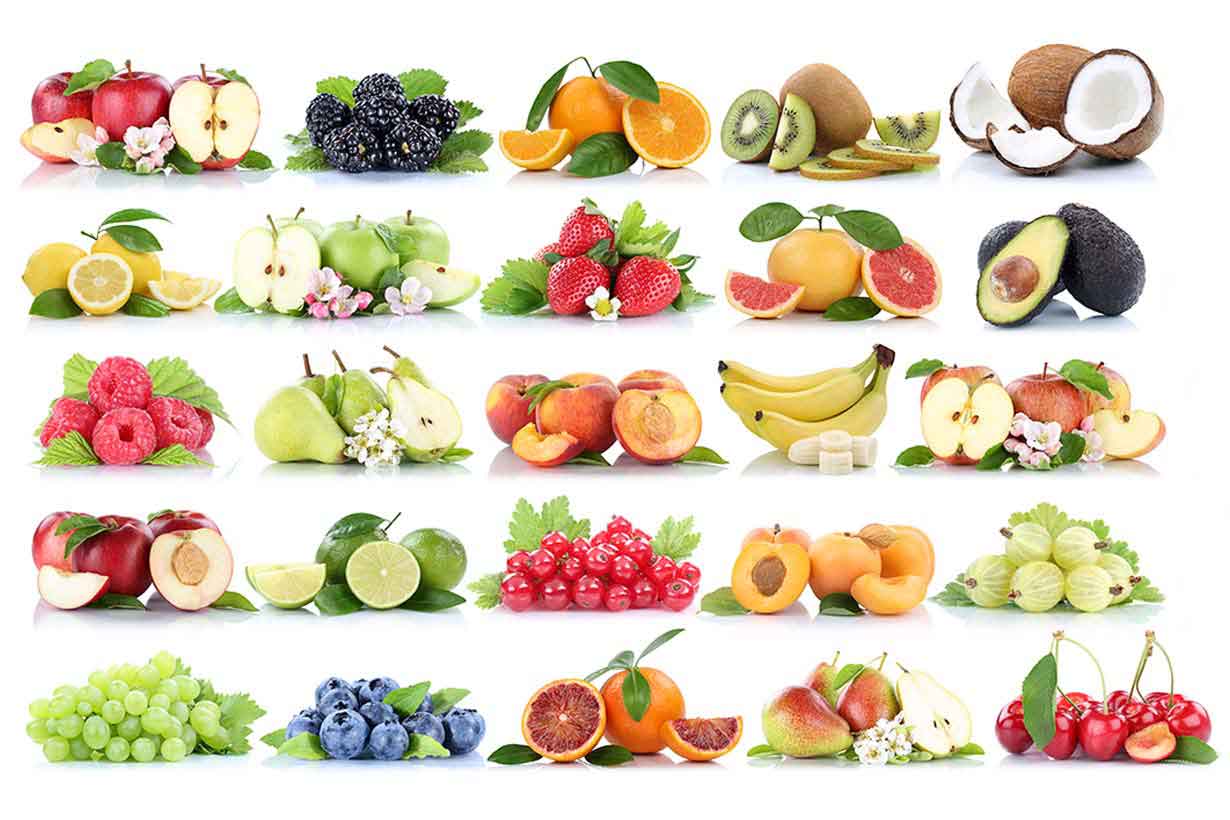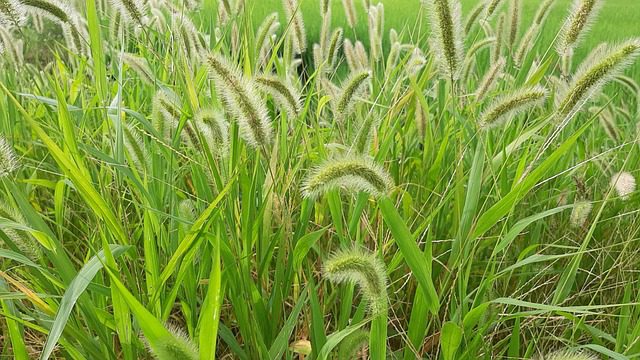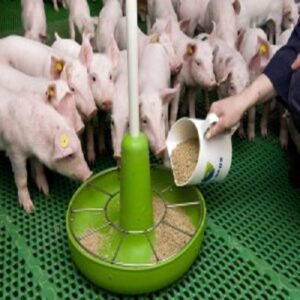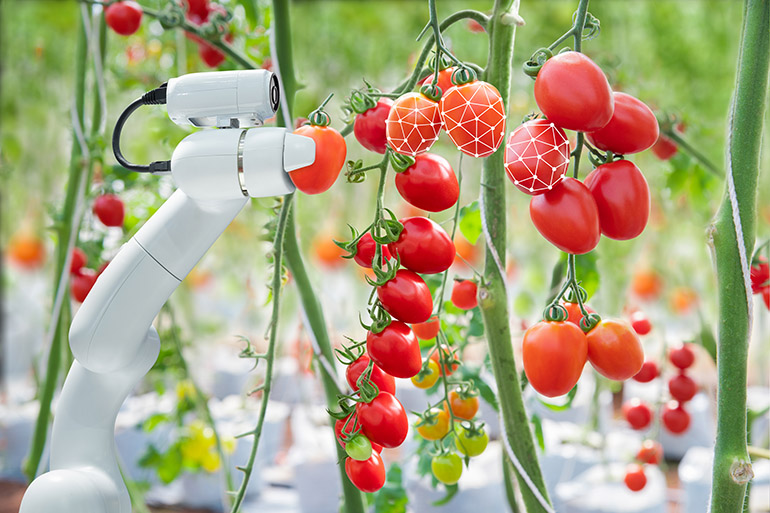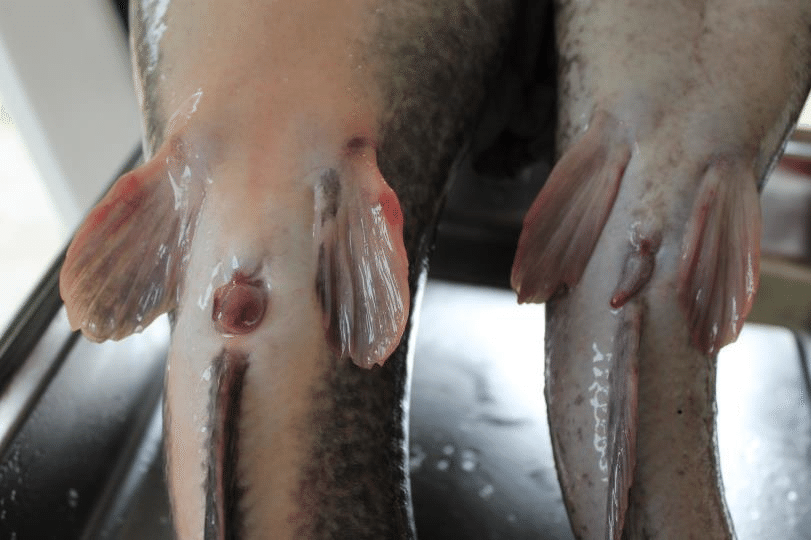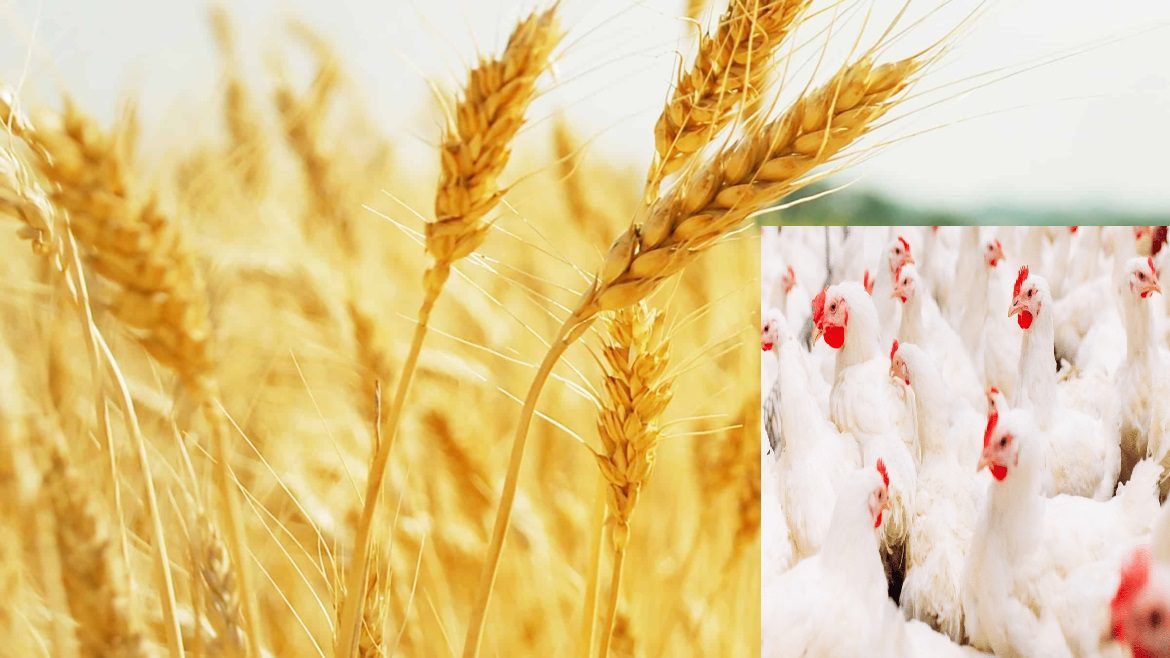
Agric4Profits.com – Your Comprehensive Practical Agricultural Knowledge and Farmer’s Guide Website…
It’s All About Agriculture – The Way Forward!
Browse Our Categories
Free Consultancy for African Women (Let’s Feed Africa!)
Free Agricultural Consultation Form
Testimonials
Agric4Profits TV
Check out the latest videos from Agric4Profits TV here....

Chicken Ovulation 101: How to Maximize Chicken Egg Production
Discover the fascinating process of chicken ovulation in this step-by-step guide designed especially for chicken farmers and poultry enthusiasts! This video will help you understand how hens produce eggs naturally.… Read More

Regenerative Agriculture Explained: Profit with Soil Health
Farmers are transforming their land and boosting profits through regenerative agriculture! In this video, titled Regenerative Agriculture Explained: Profit with Soil Health, discover how soil restoration, crop rotation, and natural… Read More

5 Climate-Smart Practices to Slash Farm Costs
Climate-smart farming isn’t just eco-friendly — it’s profit-smart! In this video, discover 5 essential practices that help African farmers slash costs while boosting sustainability. Learn how mulching conserves soil moisture,… Read More

Top 5 Precision Farming Tools Every Farmer Needs
Discover the future of farming with our latest video, “Top 5 Precision Farming Tools Every Farmer Needs!” 🌾✨ These 5 smart tools will revolutionize your agricultural practices forever! From high-tech… Read More

How to Use Drones for Field Mapping and Pest Control
Discover how drones are helping farmers reduce losses and boost yields! How drones are used in agriculture for mapping, pest detection, and crop health. Include drone footage and animation to… Read More

What is Precision Agriculture? Simple Guide for African Smallholders
Welcome to Agric4Profits TV, where we turn small farms into big profits. Let’s explore how precision agriculture is transforming African farming. Discover how precision agriculture is revolutionizing farming for smallholder… Read More

The Secret Life of Tortoise Reproduction!
Discover the fascinating world of tortoise reproduction in “The Secret Life of Tortoise Reproduction!” 🐢 In this video, we explore their unique mating rituals, nest-building behaviors, and the incredible journey… Read More

Unveiling Catfish Secrets: Anatomy and Reproduction!
Featured Image Description: Female (Left), Male (Right) Let’s dive into the fascinating world of catfish as we unveil their secrets in this in-depth exploration of catfish anatomy and reproduction! Discover… Read More
Latest Posts
Living Treasures New Castle: History, Development, Events and Activities
Living Treasures New Castle is a family-friendly animal park located in New Castle, Pennsylvania. The park is home to over 400 animals from around the world, including exotic and endangered… Read More
Achatina Achatina Specie of Snail: All you need to know about
Achatina Achatina (giant snail, tiger snail), a widely distributed species in West Africa (particularly in Benin, Côte d’Ivoire, Ghana, Liberia, Nigeria, Sierra Leone and Togo), can be considered a good… Read More
Suitable Tropical Snail Species for Farming
A list of edible snail species of African origin is provided below. Europe and North America have over 20 edible species, of which the most popular are petit-gris or the… Read More
How to Convert Crop Wastes to Money
Crop wastes can be in the form of harvested crop stalks, leaves, tubers, stems, roots, and many other parts of a plant. Some can even be the same crop produce… Read More
How to Convert Animal Wastes into Money
Did you know that there are ways you can convert animal wastes to generate income for you both directly or indirectly as a livestock farmer? Farming has gone past the… Read More
The Most Suitable Species of Snails
Biology of Snails Snails belong to a group of invertebrate animals known as molluscs. Most molluscs carry a shell. Other members of this group include slugs, mussels, squid and cuttlefish.… Read More

The Ion Exchange Phenomenon in Agricultural Soils
Next to photosynthesis and respiration, no process in nature is more vital to plant and animal life than the exchange of ions between soil particles and plant roots. These cation… Read More
Comprehensive Guide on How to Plan a Snail Farming Venture
A sequence of five steps is suggested: 1) Plan (market, production, organization) 2) Pilot production and sales 3) Go or no-go decision 4) Investment in facilities and know-how (cages/pens, finance,… Read More

